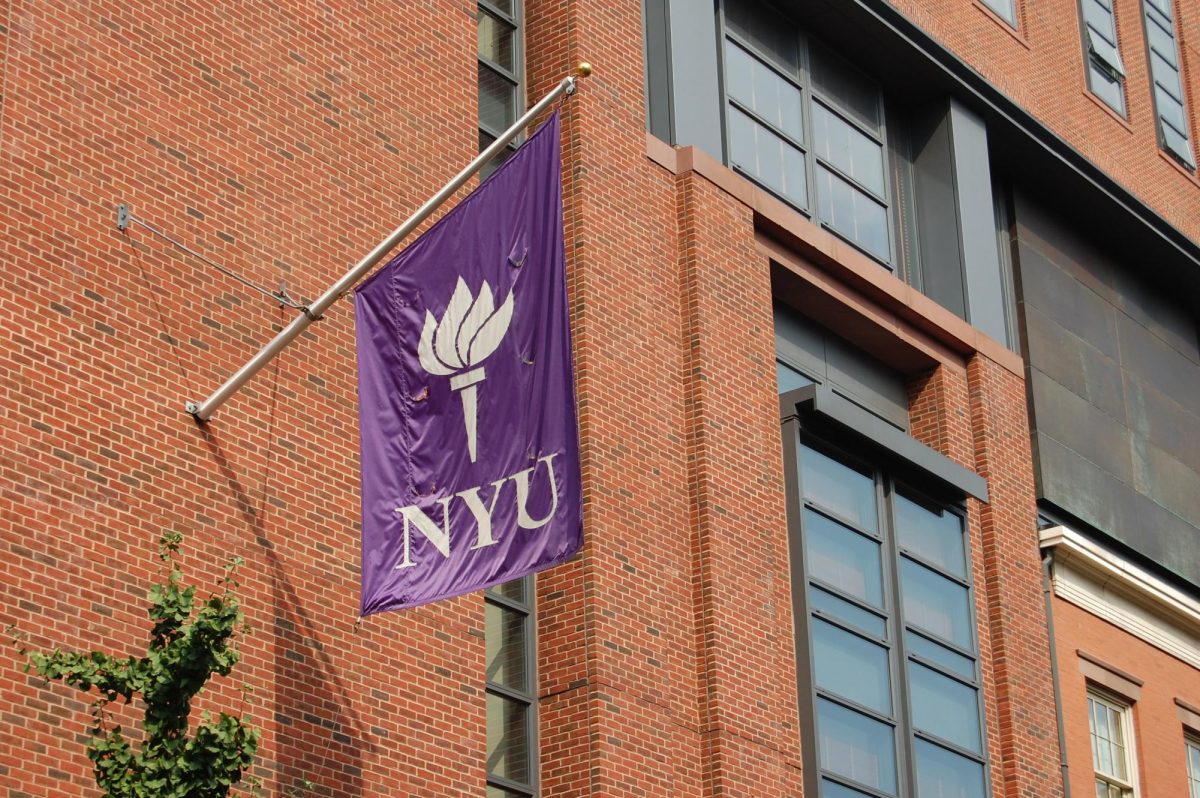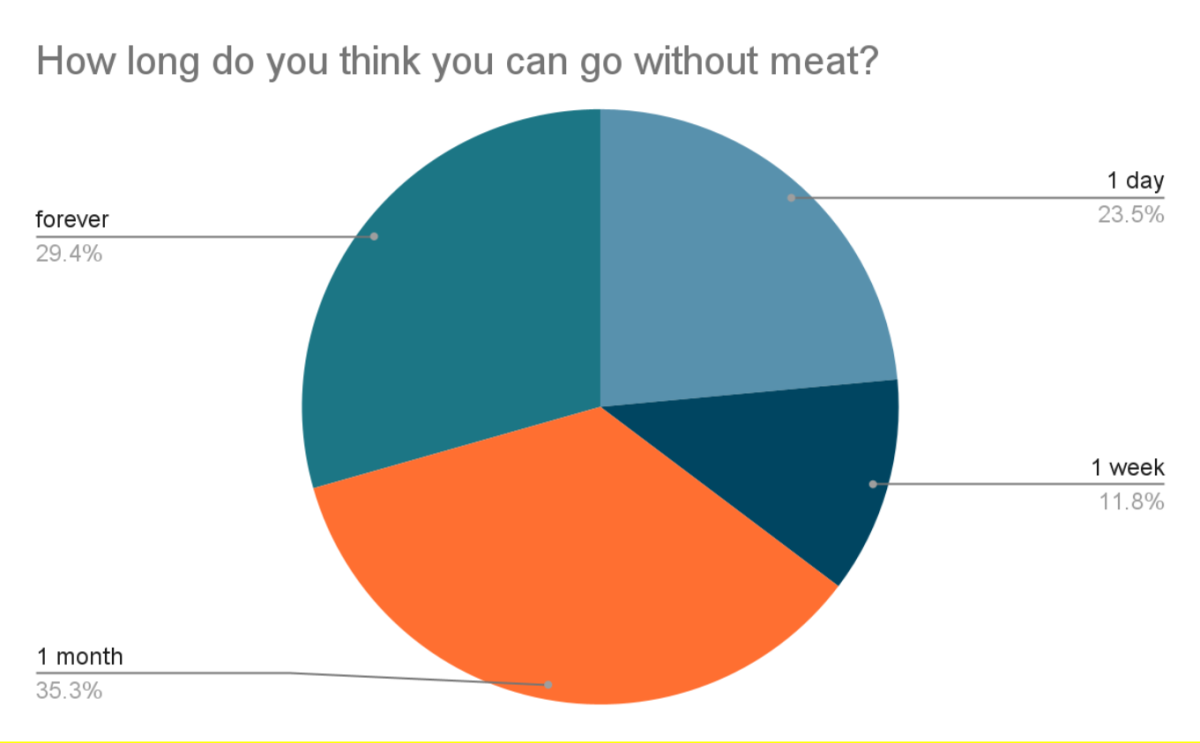In our generation in Latin America people begin to struggle with a simple need for education when education for a child or young person has to be something they can easily get a better life for themselves but in our continent, Latin America it can’t be in that way unfortunately. Young people have to take care of their families. Most of them decide to get money in other things instead of dedicating themselves to school.
Ramiro Villanueva who teaches in high school in Guerrero Mexico said, “Many students preferred to dedicate themselves to committing crimes to earn a living.” Due to the different consequences in Latin America caused by the lack of support from the government, education tends to have enormous consequences for many of the young people who fail and make decisions that lead them to do crimes to earn a living. The impact of difficult access to education on the next generation. In recent years, research has shown the educational performance in Latin America. This growth has important consequences for the future of the area, as it affects not only the lives of individuals, but also the economy of Latin America in general.
According to The World Bank, urgent action is needed to address the enormous education crisis in Latin America and the Caribbean, “ the COVID-19 pandemic, the Latin American and Caribbean region is experiencing an unprecedented education crisis that requires immediate action.” This reveals the crucial role it plays in addressing the educational crisis in Latin America. This is due to the scarcity of the rulers of many of these countries in Latin America who do not take action on this matter for the education of young people. Another effect, according to Skipping Stones, educational struggles in Latin America have “unpredictable educational demands” that restrict the opportunities of young people and ultimately limit social development.

Photo by Adrian Dascal on Unsplash
The most direct consequence of reduced educational attainment is the possibility of a lost generation. Because young people receive poor education, they are not sufficiently skilled to compete in global economy ,leading to higher levels of unemployment and poor economy. Without a good education, these individuals will not be able to acquire the skills needed by today’s workforce, which in turn limits their potential and has social consequences.
Education is not just about getting good grades, it is also about being a good citizen and promoting positive values in society. Not having access to higher or basic education can lead to more crime and social problems as troubled youth are seen as disconnected from both their present and their community. According to Skipping Stones Educational struggles in Latin America. “Disconnection from education can foster resentment, and the resentment can fuel cycles of violence and unrest.” This situation can worsen over time and without help problems can be passed down from one generation to the next. The collaboration between government, nonprofits and industry in this field can contribute to high quality education. Collective efforts to fund scholarships, tutoring and extracurricular activities can have a positive effect. Skipping Stones wrote, “everyone should be able to learn, regardless of their financial situation, so more efforts should be made to support children from low-income families and to provide them with high-quality education.” Giving importance to vocational education. Ultimately, it is of utmost importance to realize that the future of Latin America depends on young people achieving education. By strengthening education, we want to be the best guarantors of the next generation of young people in Latin America. We can change the course and build a world of light for all of us.
















